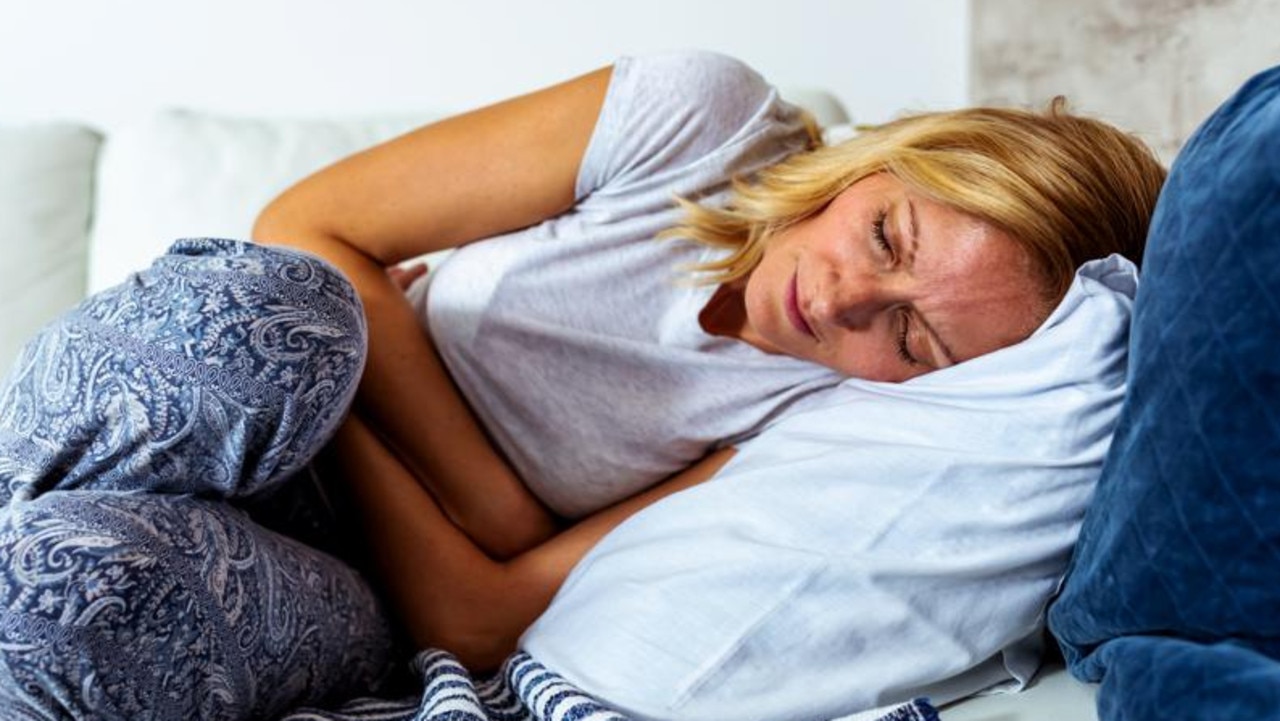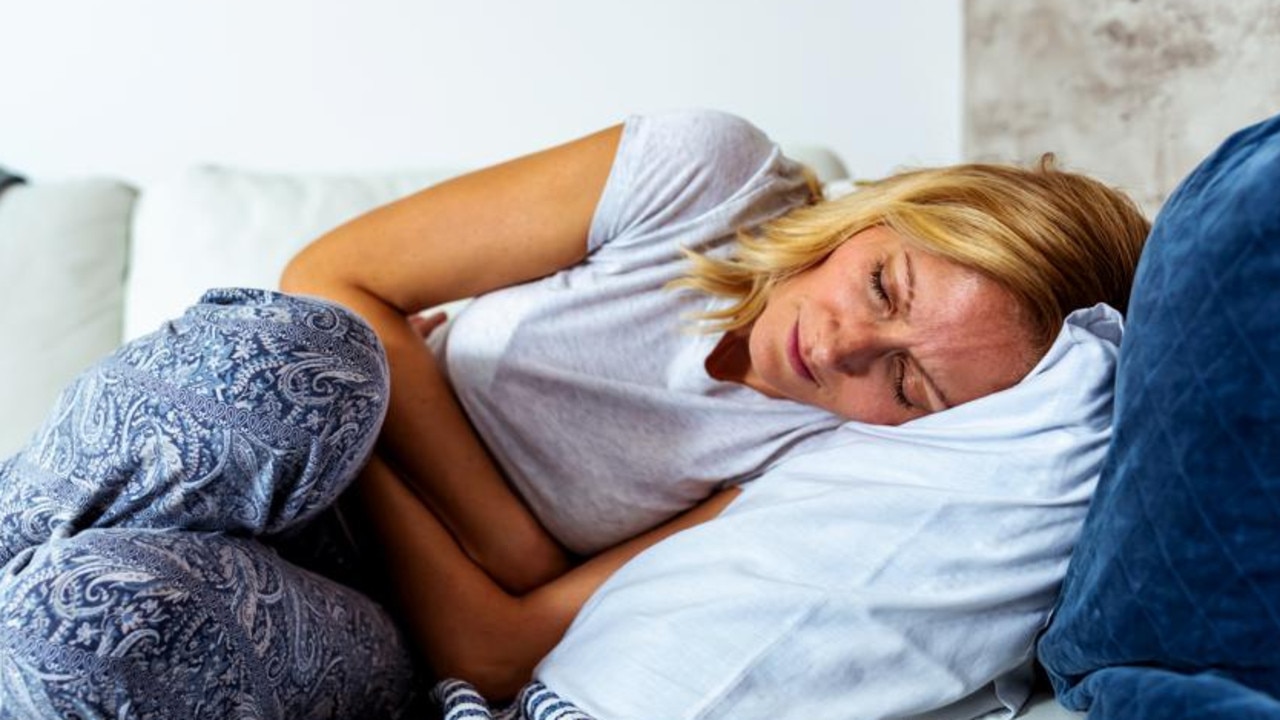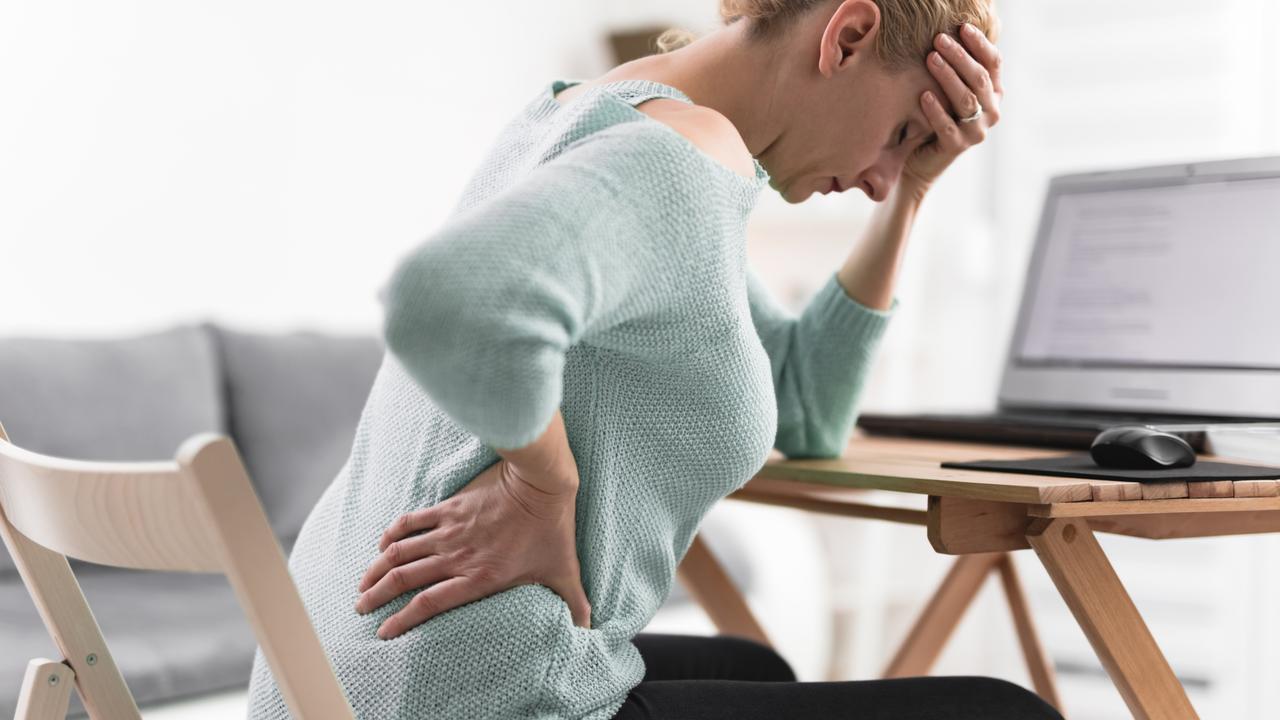Unveiling the Gender Pain Gap: women’s pain ignored and dismissed
The Nurofen Gender Pain Gap Index Report reveals that more than half of women surveyed believe they’ve had their pain disregarded, compared to only 48 per cent of men

In addition to contending with the ongoing battle against the Gender Pay Gap, women are confronted with yet another disheartening revelation: the struggle for their pain to be accorded the same seriousness as that of men.
A recent survey conducted by Nurofen of more than 2000 Australian adults has unearthed the stark reality of the ‘Gender Pain Gap’ shedding light on the pervasive bias that plagues women’s experiences of pain.
Louisa Galligani, a Sydney-based mother in her early 40s, bravely shared her ordeal of battling migraines while feeling the weight of societal scepticism.
“Being a mum, I’ve often brushed aside my own suffering, putting on a brave face for the sake of my family or job,” she said. “However, the pain of a migraine is debilitating and can be really isolating. Migraines are not something that you can plan or put to the side and hope for the best.”

Louisa’s story echoes a larger narrative reflected in the Nurofen Gender Pain Gap Index Report – more than half of women surveyed believe they’ve had their pain disregarded, compared to only 48 per cent of men.
Almost a third of women surveyed (32 per cent) felt their GP didn’t take their pain seriously, compared to just one fifth of men (20 per cent).
Further, the survey exposes the root causes fuelling this divide. Women cite various factors contributing to the Gender Pain Gap, from being labelled as “emotional” to societal expectations dictating their natural tolerance for pain because they may get period pain and go through childbirth.
In fact, following the birth of her daughter eight years ago, Louisa promptly returned to hospital with a severe migraine, which the doctors had incorrectly assumed was related to a medical mishap made during her C-section delivery.
“We brought her home that evening and I had to leave my baby and husband and then go with my mum in an ambulance. It was brutal and scary.”

These ingrained biases not only hinder diagnosis but also exacerbate the physical and emotional toll of living with chronic pain.
Louisa, who has been living with migraines since her 20s, said she has often experienced the sting of her pain being sidelined as insignificant or even worse, labelled as an outright lie, and alarmingly, the survey found a significant number of women refrain from seeking medical help, deterred by fears of judgment or disbelief.
“There have been moments when I had no choice but to call in sick to work, crippled by a migraine, only to be greeted by my boss’s scepticism, as though my pain was nothing but an excuse to have a day off. That is upsetting, plus it increases the stress of my experience,” she said.
“It’s deeply frustrating when my pain is ignored or minimised. People don’t understand the long-term impact pain has on a person’s wellbeing. It’s time for women’s pain to be taken seriously.”

The impact of this disparity reverberates across multiple facets of women’s lives. From disrupting sleep patterns to hindering professional and social engagements, pain casts a long shadow over their daily existence.
Women also reported feeling less comfortable discussing their pain with healthcare providers compared to men, underscoring the urgent need for better communication and understanding within the medical community.
Louisa said women also need to empower themselves to speak up and address medical issues as they arise.
“Women can gaslight themselves and think, ‘well, I’ll just try and push through, is it really that bad?’, whereas my husband will take himself to the doctor straight away. Women need to prioritise their own health and be more nurturing and caring of themselves before they worry about anyone else or letting down their boss or their team,” she said.
“Pain is a red flag that something is wrong, you’re not cool, or strong or a beast of a woman if you ignore it and push through. We need to change that perception.”

THE FACTS:
Of those experiencing pain, more women than men are likely to experience pains such as
headaches (42 per cent vs 31 per cent), abdominal or stomach pains (19 per cent vs 11 per cent), sinus pain (12 per cent vs 8 per cent)
*For those who experience pain, 51 per cent of women state it causes them to have trouble sleeping compared to 37 per cent of men
*56 per cent of women report it has affected their mood in a negative way vs 42 per cent of men
*32 per cent of women say it stops them from working versus 23 per cent of men
*39 per cent of women state it impacts their social life vs 27 per cent of men
* 44 per cent say it makes doing everyday tasks difficult (such as getting chores done, daily exercise) vs 36 per cent of men
* 29 per cent of women report it impacts their relationships and/or family life compared to 22 per cent of men
* Having pain ignored or dismissed on multiple occasions is more prevalent among women
(33 per cent) compared to 26 per cent of men




